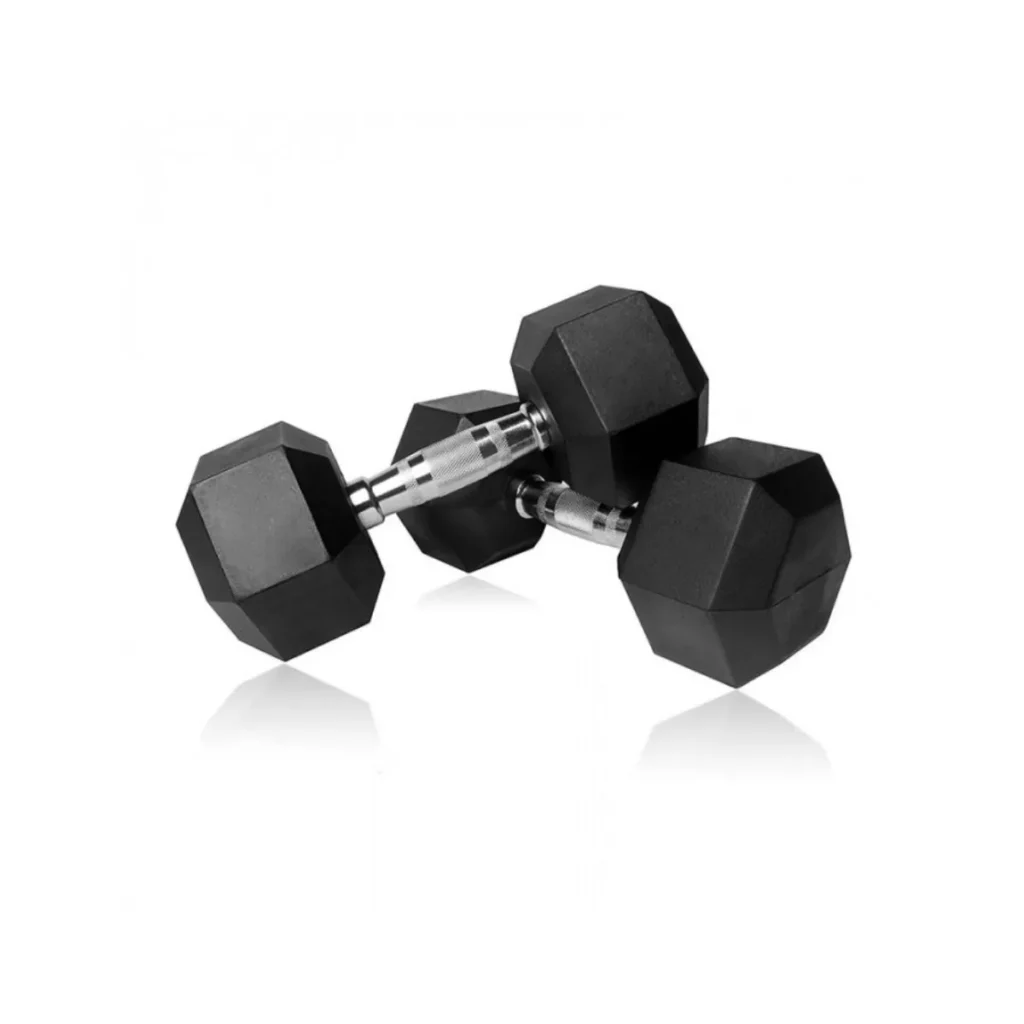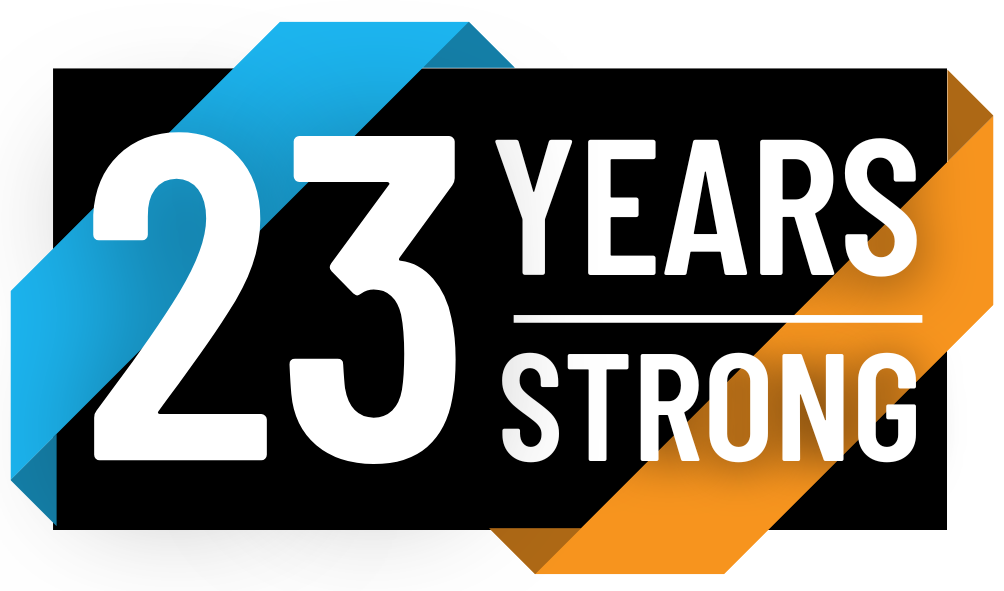
How Dumbbells Can Help You Build Muscle: The Ultimate Guide
In the world of fitness, dumbbells are an essential piece of equipment for anyone looking to build muscle. They’re versatile, accessible, and effective for a wide range of exercises. Whether you’re working out at a gym or creating your own home workout space, dumbbells can be your go-to for building strength, endurance, and muscle. In this article, we’ll explore how dumbbells can help you achieve your muscle-building goals, covering exercises, techniques, and the benefits of incorporating dumbbells into your routine.
Why Dumbbells Are Perfect for Building Muscle
Dumbbells offer unique benefits that make them an ideal tool for anyone looking to build muscle:
- Range of Motion: Unlike machines that restrict movement, dumbbells allow for a full range of motion, activating more muscle fibers with every rep.
- Balance and Stability: Since each dumbbell works independently, exercises with dumbbells require more balance and stability, which engages additional muscles.
- Versatility: Dumbbells come in various weights, allowing you to tailor your workout to different muscle groups, skill levels, and progression over time.
- Accessibility: Dumbbells are affordable and easy to store, making them perfect for home workouts without needing much space.
How Dumbbells Help Build Muscle
The main principle behind muscle growth is progressive overload. By gradually increasing the amount of resistance or weight you lift, your muscles are forced to adapt, grow, and become stronger. Dumbbells are excellent for progressive overload, as they allow you to increase weight gradually, unlike bodyweight exercises.
Muscle Growth Factors with Dumbbells:
- Mechanical Tension: Dumbbells provide resistance against the weight, creating tension in your muscles, which is crucial for muscle growth.
- Muscle Damage: When you lift heavy weights, small tears form in your muscle fibers, which then heal and grow back stronger and larger.
- Metabolic Stress: Dumbbell exercises, especially when performed in high-rep ranges, can build up metabolic stress, a condition that promotes muscle growth due to the accumulation of lactate and other metabolites.
Essential Dumbbell Exercises for Muscle Growth
There are various effective dumbbell exercises that can target each muscle group, helping you build muscle and achieve a balanced physique. Below are some of the best dumbbell exercises you can include in your workout routine:
1. Dumbbell Bench Press
Muscles Targeted: Chest, shoulders, and triceps
The dumbbell bench press is one of the best exercises for developing the chest muscles. Compared to the barbell bench press, dumbbells allow a greater range of motion, helping to build the inner chest as well.
- How to do it: Lie on a bench with a dumbbell in each hand. Start with your arms extended, then lower the weights until they’re close to your chest. Press the dumbbells back up to the starting position.
2. Dumbbell Shoulder Press
Muscles Targeted: Shoulders (deltoids)
The shoulder press strengthens and builds your shoulder muscles, giving your upper body a more defined shape. It also engages your triceps and traps as secondary muscles.
- How to do it: Sit or stand with a dumbbell in each hand at shoulder height. Press the dumbbells overhead until your arms are fully extended, then slowly lower them back to the starting position.
3. Dumbbell Bicep Curl
Muscles Targeted: Biceps
For arm development, bicep curls with dumbbells are a staple. Dumbbells allow you to isolate each arm, which helps to correct any strength imbalances.
- How to do it: Hold a dumbbell in each hand with your palms facing forward. Curl the dumbbells towards your shoulders, squeezing at the top. Lower back to the starting position with control.
4. Dumbbell Lunges
Muscles Targeted: Quadriceps, hamstrings, glutes
Dumbbell lunges are an excellent compound exercise that builds leg muscles while also improving balance and coordination.
- How to do it: Stand holding a dumbbell in each hand at your sides. Step forward with one leg, bending your knees until your back knee nearly touches the ground. Push back to the starting position and switch legs.
5. Dumbbell Rows
Muscles Targeted: Back (lats, traps, and rhomboids), biceps
Rows are vital for back development, and the single-arm dumbbell row is particularly effective at targeting the lats and upper back.
- How to do it: Place one knee and hand on a bench. With the other hand, grab a dumbbell and pull it toward your hip, squeezing your back muscles at the top. Lower it back down with control.
6. Dumbbell Deadlift
Muscles Targeted: Hamstrings, glutes, lower back
The dumbbell deadlift is a fantastic exercise for building the posterior chain, which includes the hamstrings, glutes, and lower back.
- How to do it: Hold a dumbbell in each hand in front of your thighs. With a slight bend in your knees, hinge at your hips to lower the dumbbells down your legs. Return to the standing position by pushing your hips forward.
How to Structure Your Dumbbell Workout
For building muscle, the recommended rep range is typically 8-12 reps for 3-4 sets, with a rest period of 60-90 seconds between sets. Here’s an example structure:
- Day 1: Chest and Triceps (e.g., Dumbbell Bench Press, Dumbbell Flys, Dumbbell Tricep Extensions)
- Day 2: Back and Biceps (e.g., Dumbbell Rows, Dumbbell Curls, Dumbbell Pullovers)
- Day 3: Shoulders and Abs (e.g., Dumbbell Shoulder Press, Dumbbell Lateral Raises, Dumbbell Crunches)
- Day 4: Legs and Glutes (e.g., Dumbbell Lunges, Dumbbell Deadlifts, Goblet Squats)
Ensure you’re using a weight that’s challenging but manageable for your selected rep range. Progressively increasing weight or reps over time is key to muscle growth.
Benefits of Using Dumbbells for Muscle Building
In addition to promoting muscle growth, here are some additional benefits of incorporating dumbbells into your routine:
- Improved Muscle Symmetry: Dumbbells allow you to train each side of the body independently, reducing muscle imbalances.
- Greater Joint Stability: Dumbbell exercises require stabilizing muscles to engage, which strengthens joints and reduces injury risk.
- Functional Strength: Dumbbell exercises mimic real-life movements, improving your functional strength and coordination.
- Flexibility in Workout Location: Dumbbells don’t require a lot of space, making them perfect for home workouts.
Tips for Effective Dumbbell Training
To maximize the effectiveness of your dumbbell workouts, consider the following tips:
- Focus on Form: Proper form is essential to avoid injury and ensure that you’re engaging the target muscles.
- Increase Weight Gradually: Gradually increasing weight will help you achieve progressive overload, a fundamental principle for muscle growth.
- Mix Up Your Routine: Vary your exercises to prevent plateaus and engage different muscle fibers.
- Incorporate Supersets: Pair exercises with little to no rest in between to increase intensity and maximize metabolic stress.
Conclusion
Dumbbells are an excellent tool for anyone looking to build muscle, whether you’re a beginner or an experienced lifter. They offer unique advantages in terms of range of motion, balance, and versatility, making them ideal for a comprehensive muscle-building program. With the right exercises, structured routine, and progressive overload, dumbbells can help you achieve impressive muscle growth. So grab a pair of dumbbells, start incorporating them into your workouts, and watch your strength and physique transform.
Happy lifting!

